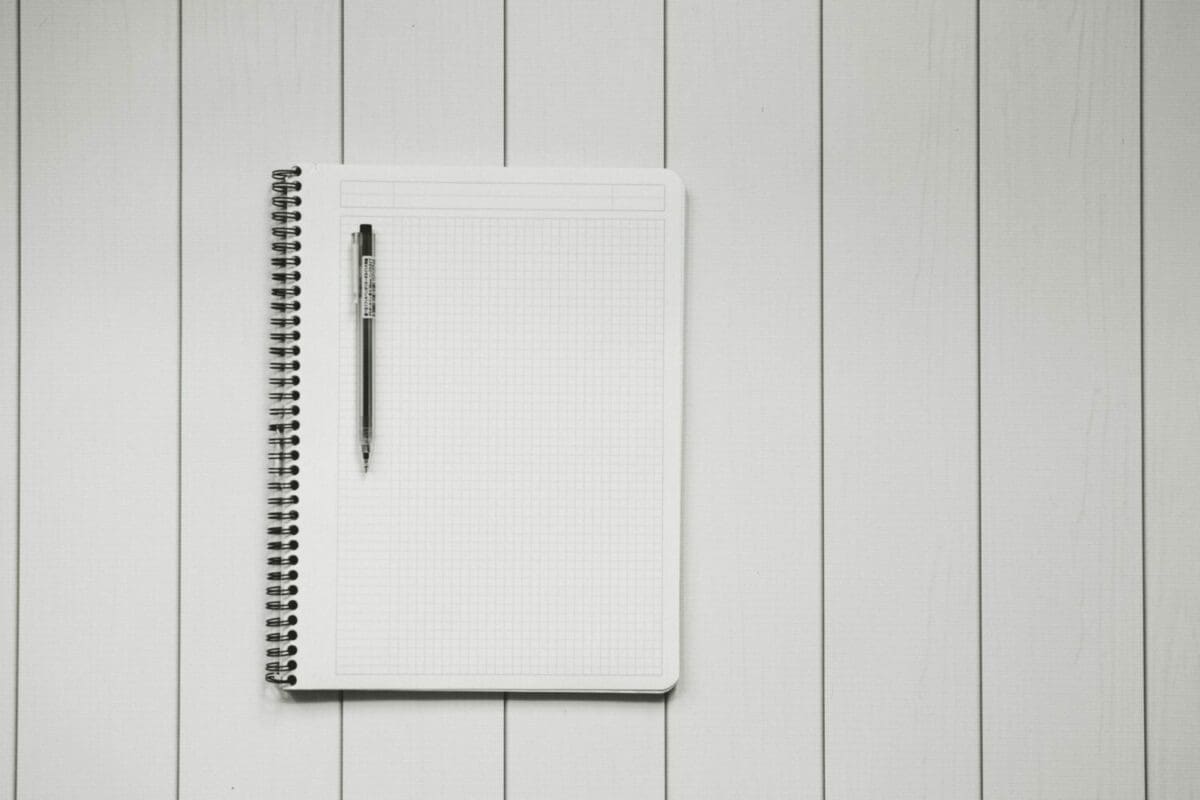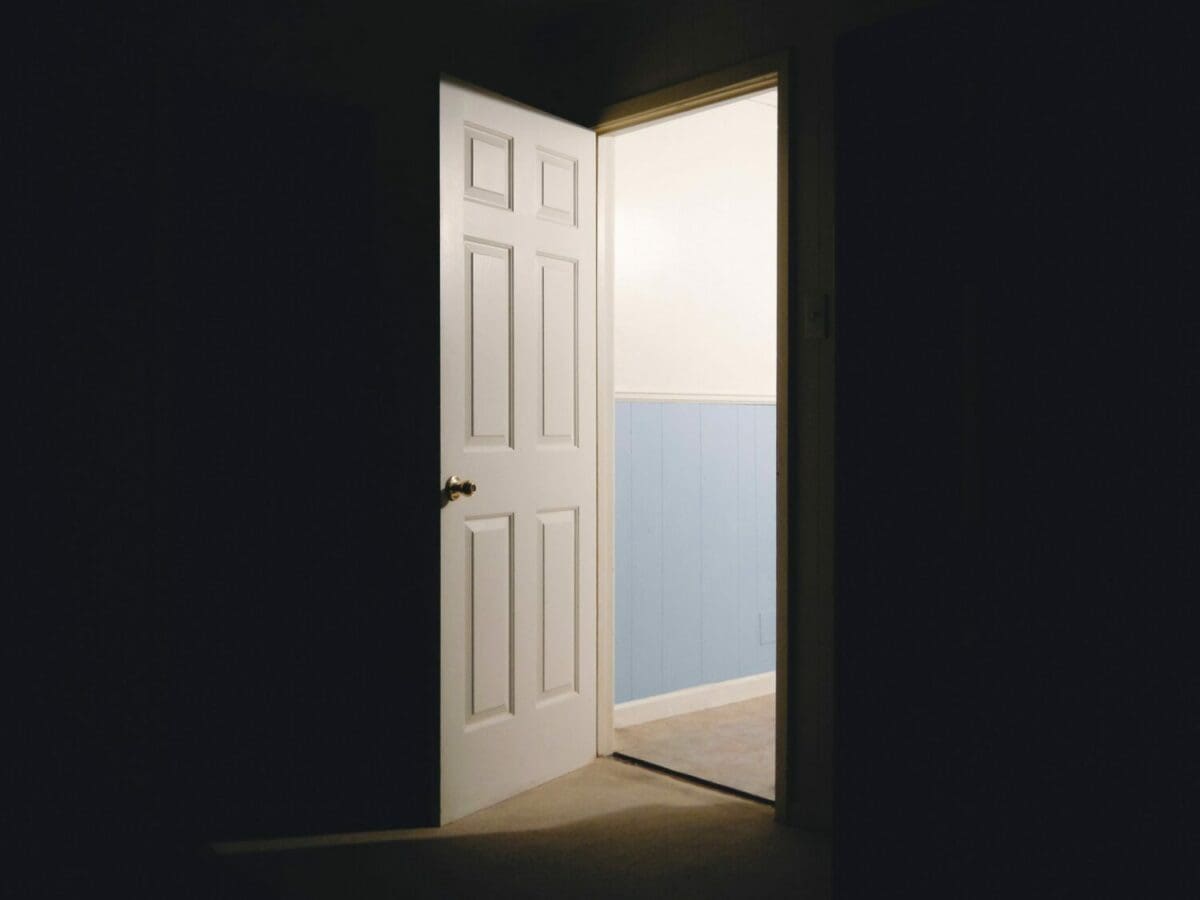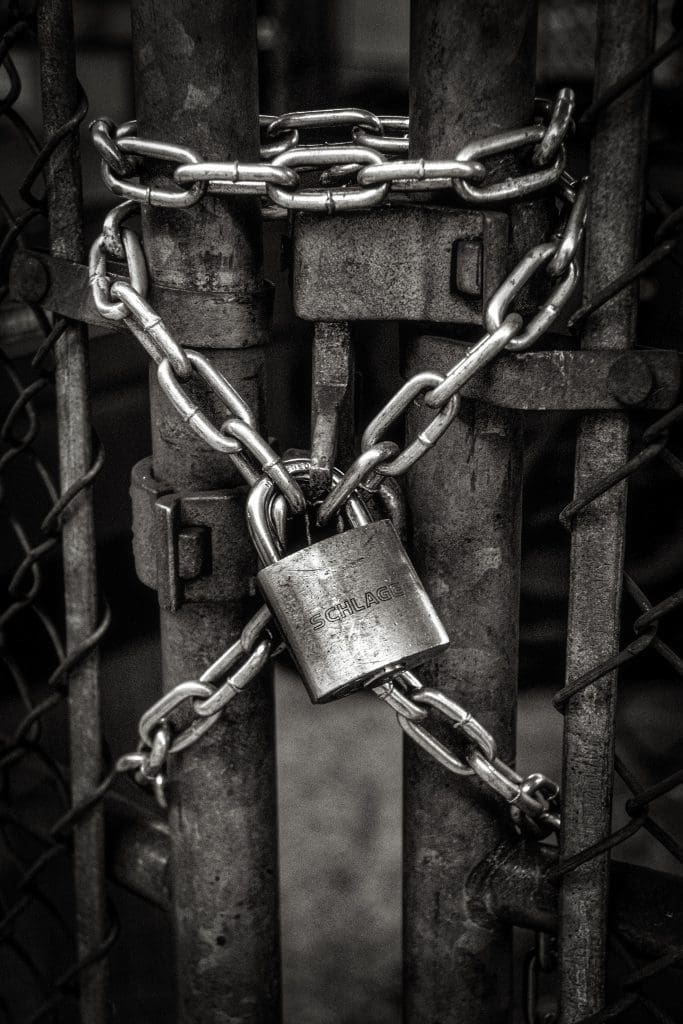
My Planner Makes Me Feel Better
July 20, 2021 in Educate Yourself
 My anxiety starts to get bad when I feel like I don’t have control over the things around me. I like to know what’s going on around me and what is going to happen in the future. I think this is why my planner is so important to me. By filling out my planner I create the structure I need to keep anxiety under control.
My anxiety starts to get bad when I feel like I don’t have control over the things around me. I like to know what’s going on around me and what is going to happen in the future. I think this is why my planner is so important to me. By filling out my planner I create the structure I need to keep anxiety under control.
I’ve used lots of different planners and have found that certain planners work best for me. I think it’s important to experiment with different planners to find what method of organizing is most compatible with you – if you’ve always hated using a planner you might just be using the wrong type. For example, I can’t stand online planners. Similar to how some people much rather read a physical copy of a book vs. reading online, I find the act of physically writing down my schedule to be therapeutic. This next preference might sound silly but I also can’t stand thick planners. It overwhelms me. I rather have a simple, black and white, lightweight planner. On the other hand, there are people who prefer a huge planner that gives you room to plan your day on an hourly basis.
Being able to have a tangible thing that contains a visual of what’s going to be happening in my life provides me with a sense of comfort. When I’m anxious I can look at my planner to ground myself and be reminded that I know what’s going on. Writing down important deadlines and due dates eases my anxiety about them. It provides me with a sense of control over my life and the things going on around me.
If you have anxiety that easily clutters and overwhelms you I highly recommend you try using a planner.
Do you use a planner? What kinds of planners have you used in the past? How did those help, or not help you?










Recent Comments